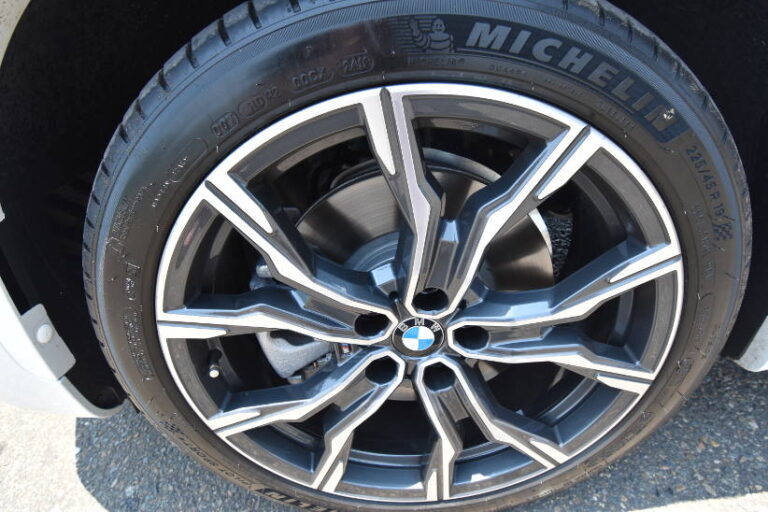This article was originally published by Fleet News.
Fleet operators are being warned that there are fewer replacement tyres available for electric vehicles (EVs), by ATS Euromaster.
Tyres built specifically for EVs vehicles will vary by manufacturer, but some have a special structure to support the additional weight of the battery.
ATS Euromaster says there is unlikely to be a greater wear rate for EV tyres, despite the battery weight and the instant acceleration – so long as the correct tyre pressure and settings are used.
Mark Holland, operations director at ATS Euromaster, said: “Tyres for electric vehicles will generally have better-rolling resistance, maximising the distance the car can travel. Because there’s not as much noise created by these vehicles – since there’s no internal combustion engine – these tyres will have better dB reduction, so less road noise can be heard inside the cabin as a result.
“More EVs in the future will begin having specific EV tyres fitted to these vehicles as original equipment, and although it’s always recommended to change tyres like for like where possible, as this will offer the best vehicle performance, this isn’t mandatory.
“What is important when it comes to replacement is that the correct tyre size and load ratings for the vehicle are used, no matter which product is selected.”
ATS Euromaster warns that specific tyres for EVs are only just arriving onto the market, meaning there will be fewer choices available compared with other tyres and patterns.
An EV tyre is like a homologation on a vehicle, therefore the original tyres should be replaced by the same ones where possible, but if not, the correct size and load ratings must be met.
Holland added: “Fitting the correct tyres for electric vehicles will not only make it a better in-car experience for fleet drivers, but also provide the best performance from the vehicle.
“Check the owner’s manual for any information on how to change a tyre, in case there are any specific instructions, plus details on the vehicle’s tyre size and load ratings. Not following such advice may lead to unplanned vehicle downtime that may affect the business.”
[news_list display=”category” format=”” category=”34″ show_more=”on”]






